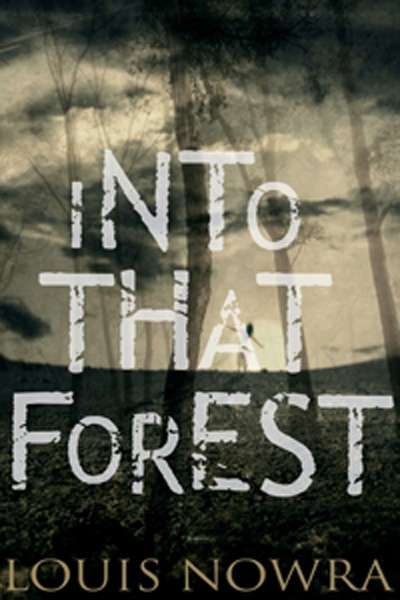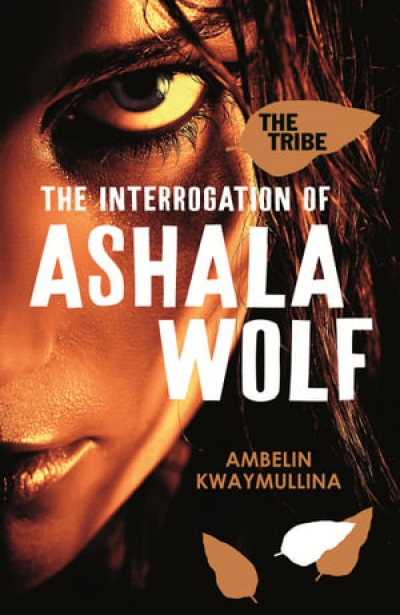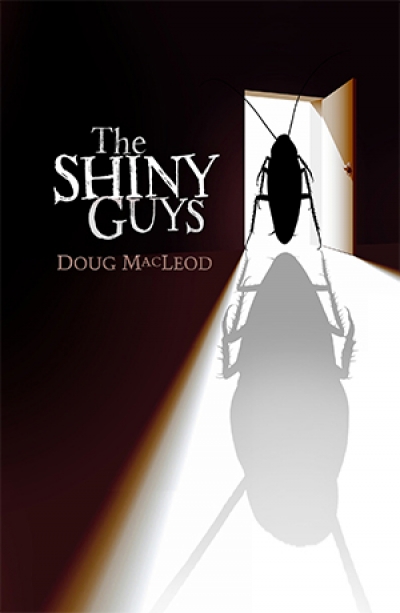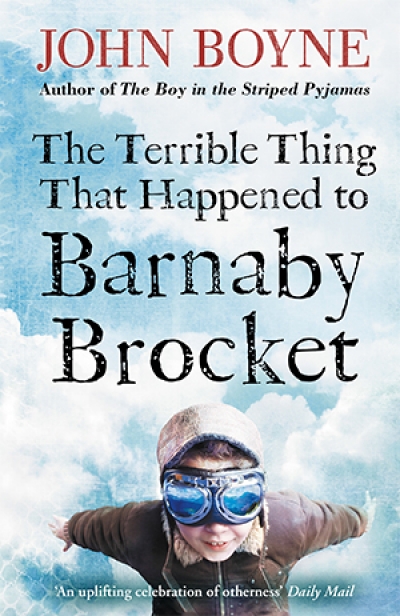Young Adult Fiction
Sign up to Book of the Week and receive a new review to your inbox every Monday. Always free to read.
Recent:
Pam Macintyre reviews 'Preloved' by Shirley Marr, 'Night Beach' by Kirsty Eagar and 'The Messenger Bird' by Rosanne Hawke
Adolescent girls aged sixteen to seventeen are at the centre of these three Young Adult novels: girls whose heightened emotional states prompt supernatural events. Broken families, disconnection from parents, obsession, music, art, and death impel the protagonists to seek solace and healing in the metaphysical. For Shirley Marr (Black Dog Books, $18.95 pb, 272 pp, 9781742031903), it is the Chinese understanding of the ‘preloved’ and their resonance in the present that engenders the attractive ghost Logan. For Kirsty Eagar (Penguin, $19.95 pb, 314 pp, 9780143206552) it is the creative impulse, the painter’s obsession with ‘seeing’ beyond the surface of things, that evokes the dark landscape in which Abbie struggles for meaning. For Rosanne Hawke (University of Queensland Press, $19.95 pb, 252 pp, 9780702238826), it is profound grief following the death of the protagonist’s brother.
... (read more)The Terrible Thing That Happened to Barnaby Brocket by John Boyne
Ruth Starke reviews 'The Children of the King' by Sonya Hartnett, 'The Tunnels of Tarcoola' by Jennifer Walsh, 'Red' by Libby Gleeson: 'Mystery at Riddle Gully' and Jen Banyard
Cecily Lockwood’s heart ‘bounced like a trout’. An arresting simile on the first page of a novel is always a good sign, but will this piscatorial comparison mean anything to young readers? No matter, back to those footsteps climbing the dark stairs to twelve-year-old Cecily’s room, where she is quailing under the bed. She pictures her older brother Jeremy in the next room, his heart ‘flipping and diving’. Ah, so that’s what trouts do. Clever Sonya Hartnett.
... (read more)







